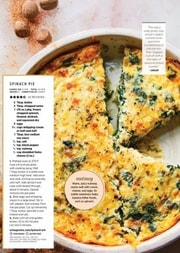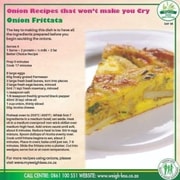Woolies not keen to spill the beans on 'shrinkflation' W_T_F?
Woolies not keen to spill the beans on 'shrinkflation'

Woolworths isn't keen on the idea of letting customers know when product sizes shrink.© Con Chronis/AAP PHOTOS
Woolworths has defended "shrinkflation" on home brands and does not want an active role in notifying shoppers when other brands do it.
The practice, also known as package downsizing, happens when product lines decrease in size while the price stays the same, helping brands maintain margin and profitability.
Consumers have raised concern about the lack of transparency around shrinkflation to the competition watchdog's supermarkets inquiry.
Woolworths senior executives are due to face the ACCC inquiry again on Tuesday.
In evidence on Monday, the supermarket giant said it found less than 40 examples of shrinkflation after analysing 6000 home brand products.
The majority of those cases were caused by the supplier also reducing the size of its branded product, Woolworths food division boss Guy Brent said.
"We've been careful to keep the (profit) margin the same or reduce the margin," he said.
But his chief executive Amanda Bardwell did not want Woolworths to add in-store or online notices to products to tell customers when shrinkflation occurred.
Such a requirement has been in force in France since July.
Customers wanted things as simple as possible and unit pricing already needed to be shown on tickets, Ms Bardwell said.
"I'm just very mindful of the fact that what we're hearing from customers is the need to try and make things as simple as possible," she said.
"(Rather than) having more ticketing highlighting those sorts of adjustments, it could actually be right on the product packaging itself," the Woolworths Group chief executive said.
She accepted Woolworths could have brands apply such notice to its labelling, and said the chain's home brands should adopt the practice.
The inquiry, in seeking to judge Australia's market internationally, has noted Coles and Woolworths have higher earnings before interest and taxes (EBIT) margins than some of their peers including the UK's Tesco and Sainsbury's and French giant Carrefour.
Metcash described EBIT as the fundamental bottom line but Ms Bardwell's predecessor Brad Banducci said net profit after tax was the ultimate metric for shareholders.






